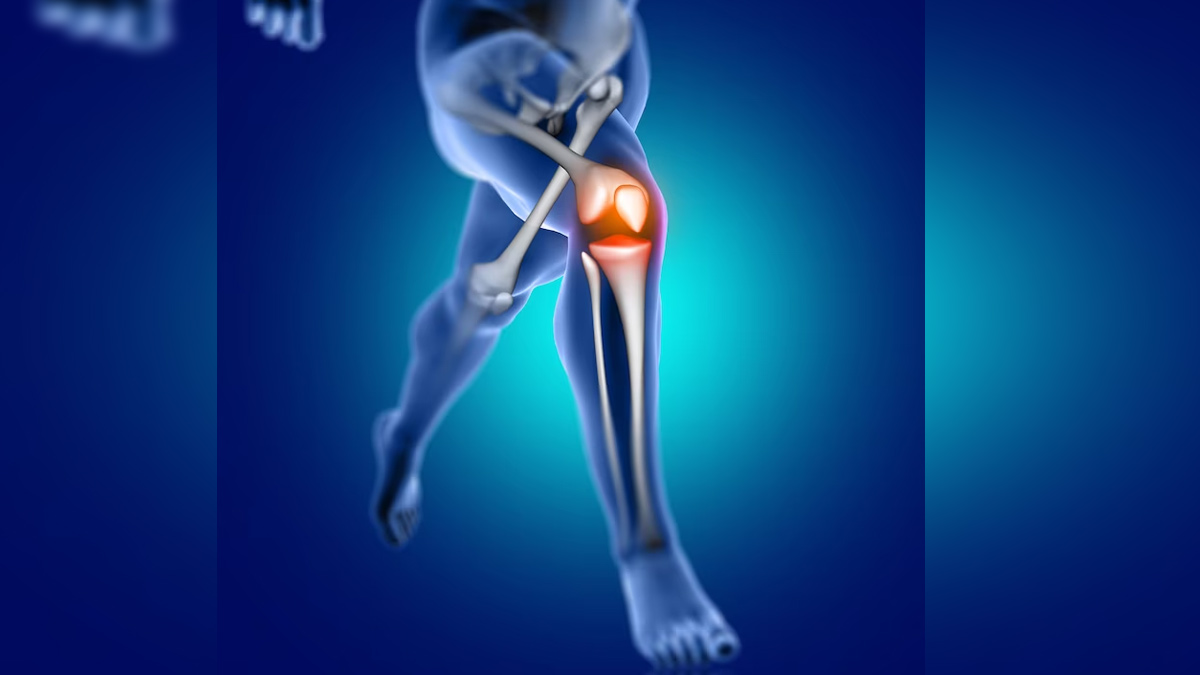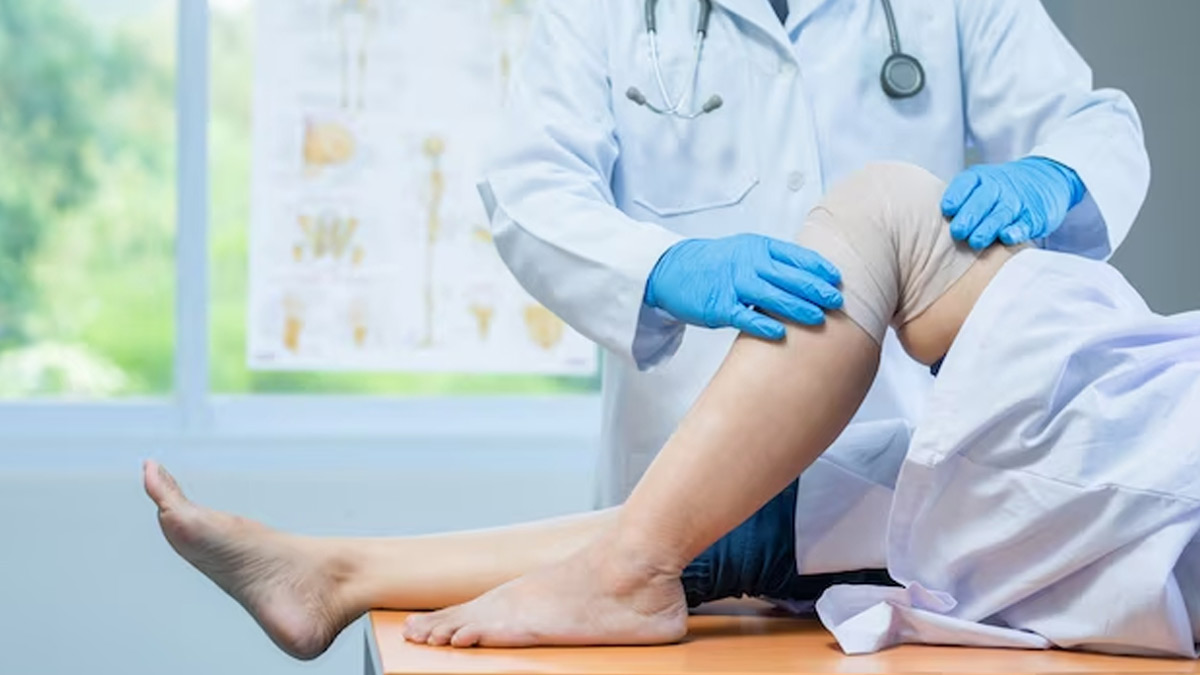
Arthritis is a condition that causes inflammation and pain in the joints. With the ageing population and increasing obesity rates, the prevalence of this debilitating disease is on the rise.
While there are several types of arthritis, including osteoarthritis, rheumatoid arthritis, and gout, among others, some common symptoms include joint pain, stiffness, and swelling.
Table of Content:-
To know about latest advances in Orthopaedics, we spoke to Dr Praveen Nandwana, Senior Consultant Joint Replacement (Hip and Knee), MBBS, DNB (Orthopedics), HCG Hospitals, Ahmedabad (Gujarat).
What Are The Causes Of Arthritis
The causes of arthritis can vary depending on the type, following are the type of arthritis:
- The gradual wear and tear of joint cartilage over time, while rheumatoid arthritis is an autoimmune disorder in which the body's immune system mistakenly attacks the joints.
- Gout, on the other hand, is caused by the accumulation of uric acid crystals in the joints. Common symptoms of arthritis include joint tenderness, limited range of motion, stiffness (particularly in the morning), swelling, and warmth around the affected joints.
Treatment Options for Arthritis Patients
Orthopaedic surgery is one of the most dynamic medical specialities, with treatment and surgery making quick and novel breakthroughs.
TKA (total knee arthroplasty) is a highly successful treatment for severe osteoarthritis. TKA produces positive outcomes in terms of return to daily activities, survival rates, and total functional improvement.
Also read: Rheumatoid Arthritis Can Affect Your Lungs Too: Expert Explains The Cause
Satisfying the functional expectations of patients undergoing TKA remains an important surgical goal. According to Journal of Clinical Medicine, advances in surgical technique and postoperative management over the years, up to 20% of TKA patients remain dissatisfied. As per the research, a multicenter series of 347 non-selected TKA patients using various implants, only 62% of the patients were totally pain free during gait, 35% were pain free whilst climbing or running. Only 48% of the patients declared being “very satisfied” with the procedure, and 68% considered their operated knee to be “normal for their age.”

As a result, while TKA is already an effective procedure, the goal today is to improve patient satisfaction and functional outcomes even more. Various new technologies have been developed to improve surgical accuracy, and as a result, it is hoped that patient satisfaction following TKA would improve.
Incorporation of New Technology In Knee Arthroplasty
Recently, intriguing new technologies in knee arthroplasty have been discovered, which may improve functional outcomes.
- Patient-specific instruments can help enhance implant placement and limb alignment.
- The tailored implants are designed to mimic the natural knee anatomy and biomechanics.
- The sensors have to aim to give objective data on ligaments balancing during TKA.
- The accelerometers are smart tools developed to improve the TKA alignment.
The Bottomline
TKA's new technologies are incredibly appealing and are constantly evolving. They broaden the surgical options and indications, advance our understanding of knee biomechanics, and attempt to restore native knee function.
Nonetheless, all technologies require long-term evaluation and critical judgement. Artificial intelligence and predictive modelling could help to overcome the constraints of new technologies.

Many medical technology and health insurance firms, as well as arthroplasty registries, are currently gathering information on patient demographics, implant survivorship, revision reasons, and patient-reported outcome metrics.
Developing accurate, reproducible, and predictive algorithms could one day lead to sophisticated tools for shared decision making in surgical indications and predicting expected outcomes in knee arthroplasty.
Also watch this video
How we keep this article up to date:
We work with experts and keep a close eye on the latest in health and wellness. Whenever there is a new research or helpful information, we update our articles with accurate and useful advice.
Current Version